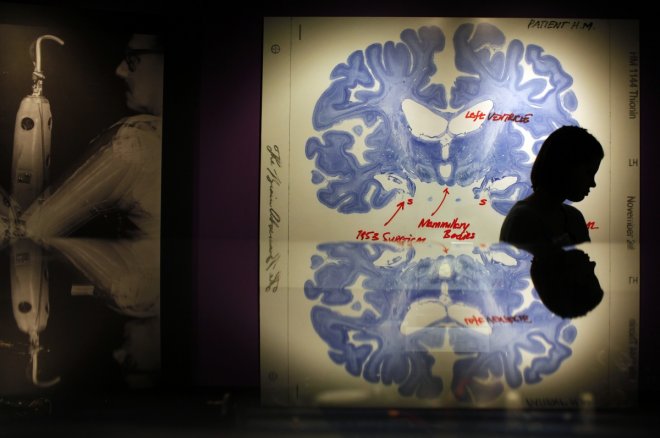
After a huge advancement in the fight against Dementia, where researchers came with some extraordinary brain exercises to help and protect people from the illness, this time medical researchers have claimed to find a major breakthrough, as they revealed the discovery of a drug which could possibly cure the Huntington's disease.
Earlier medical experts have said that this brain disease, which is an inherited disorder, that causes the death of brain cells, could be treated but there was no such way to cure it. On the other hand, following medical reports, people who suffered from this disease died after 15 to 20 years of the diagnosis.
The American singer Woody Guthrie, who died in 1967 at age 55, was one of the most famous personalities who suffered from this disease. This list also includes the former American football coach and football analyst for Fox Sports, Mark Helfrich's mother.
People who are affected by this disorder experience:
- Amnesia
- Psychiatric symptoms of depression, hallucination
- Compulsive behavior
- Mood swings
- Memory loss
- Abnormality walking, problems with coordination
According to the National Institutes of Health, a medical research centre of the US Department of Health and Human Service, this neurodegenerative disease usually targets people who are 30 to 50-year-old.
But now, the researchers have claimed that the new drug, which would make some positive effect to slow down the progress of the genetic illness and would help the human kind to prevent it.
On the other hand, to know whether the new drug will work on humankind or not, the director of University College London's Huntington's Disease Centre, Prof Sarah Tabrizi took the initiative to test the drug.
46 patients with early Huntington's disease were involved in this trial process, which took place at nine study centres in the UK, Germany and Canada.
All the participants of the experiment received four doses of the new drug IONIS-HTTRx through injections into their spinal cord. Later the researchers increased the amount of dosage according to the requirement. Meanwhile, a safety committee was monitoring the patients throughout the study to avoid any kind of inconvenient results.
However, when the results came with a positive sign, Tabrizi said, " The results of this trial are of ground-breaking importance for Huntington's disease patients and families. For the first time a drug has lowered the level of the toxic disease-causing protein in the nervous system, and the drug was safe and well-tolerated. The key now is to move quickly to a larger trial to test whether the drug slows disease progression."









